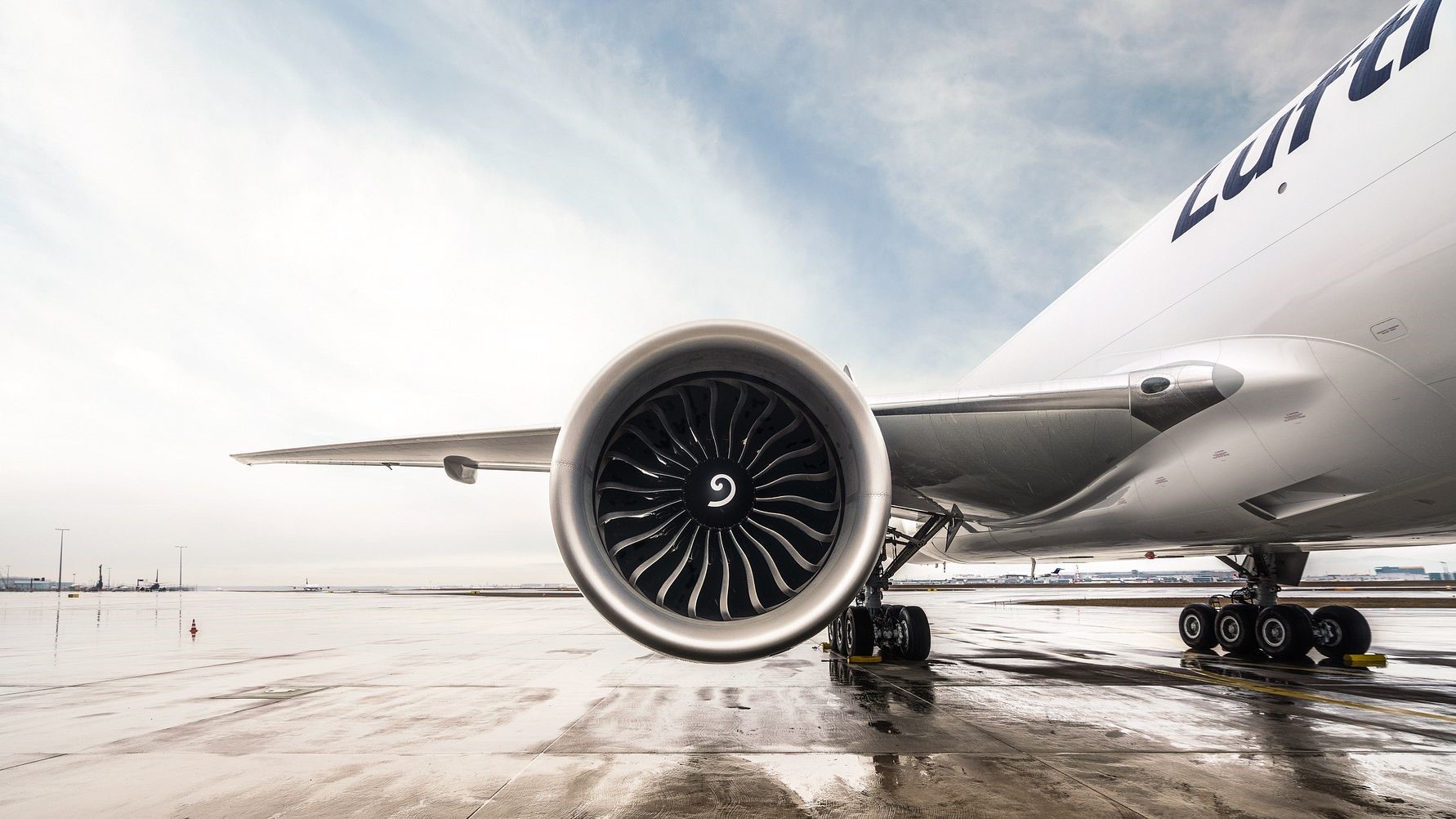Lufthansa Cargo has revealed a three-fold program to transform the future of sustainable cargo infrastructure. In an attempt to overhaul its cargo sector, the carrier will focus on digitisation and eCommerce with investment in sustainability.
Just recently Lufthansa Cargo joined hands with Kühne+Nagel to create “paperless lanes” between Europe and Asia, turning the entire process of booking and moving cargo into a completely digital experience. The digitization was a success on a general cargo-lane from Germany to Hong Kong International Airport (HKG), opening up opportunities for further digital developments to streamline cargo operations.
Following the growth of eCommerce during the COVID-19 pandemic, the carrier is also set to redevelop Frankfurt Airport (FRA) into a new eCommerce hub alongside its subsidiaries heyworld and CB Customs Broker.
“A decisive success factor for online retailing is the resilience and speed of the supply chain. We want to make Frankfurt a leading location in this segment by offering holistic solutions for shipping, customs clearance, and onward transport of eCommerce shipments," said Ashwin Bhat, chief executive, Lufthansa Cargo.”
In addition, full-service customs agency CB Customs Broker announced a partnership with handling expert GEORGI Handling. To promote eCommerce business in Frankfurt, both companies are creating a new eCommerce terminal in Cargo City South, which will be another important base for the Asian market.
On the sustainability front, Lufthansa’s plans include reducing its carbon footprint in half by 2030 before shifting towards fully CO2-neutral operations in 2050.
The has invested in Sustainable Aviation Fuels (SAF), implementing the EU’s ReFuelEU regulation to legally bind SAF quotas. By 2025, the airline expects to use at least 2% biofuel on its jets, scaling up to 6% by the end of the decade. According to Lufthansa Cargo, SAF usage slashes CO2 emissions by up to 80%, with the airline currently utilizing 2.1% SAF.
By marrying digitalisation and sustainability Lufthansa Cargo aims to boost its cargo ops through fleet modernization and AI tools to support fuel efficiency. Commenting on this, Nicole Mies, head of communication and corporate responsibility said: “We see great potential in AI-based applications and have already integrated them into our services. From eBooking to eTracking, we now offer our customers extensive options along the transport chain. If we want to sustainably improve the industry's carbon footprint, we must use every opportunity to further reduce our CO₂ emissions.”
Lufthansa Cargo has been serving destinations with A321F freighters for more than a year and will put its third aircraft into service by June-end. A fourth freighter will join the fleet by September 2023.
Currently, Lufthansa Cargo offers more than 50 weekly flights to 14 destinations, providing customers with a direct connection for their cargo to the hub in Frankfurt. The latest additions to the route network are Casablanca, Yerevan and Tunis. With the A321 fleet doubling in size to four this year, there are new opportunities for capacity and route network expansion.
